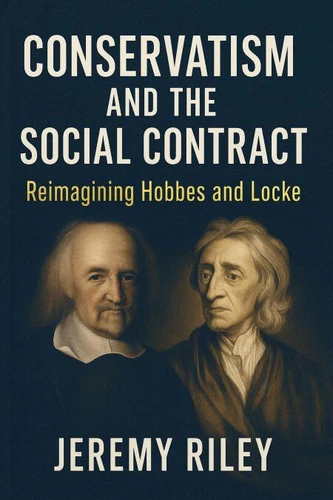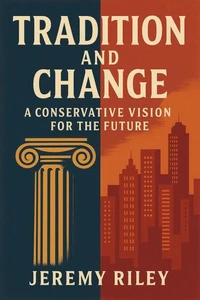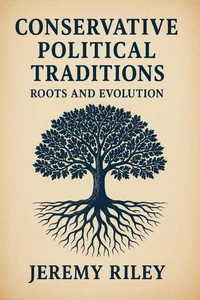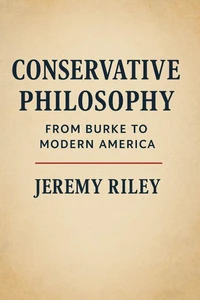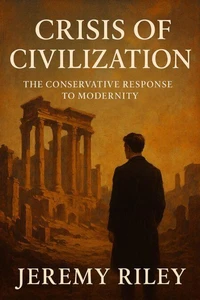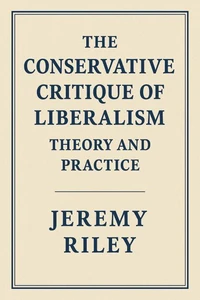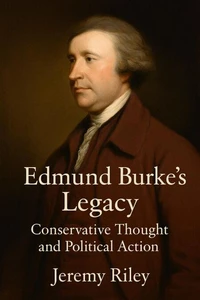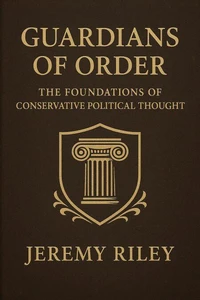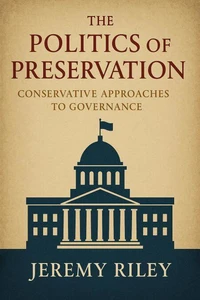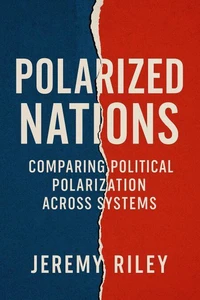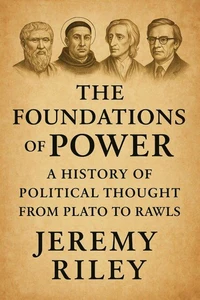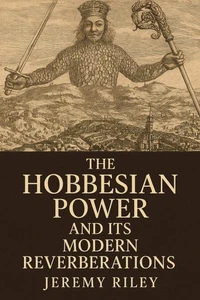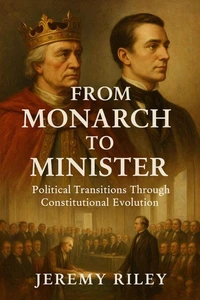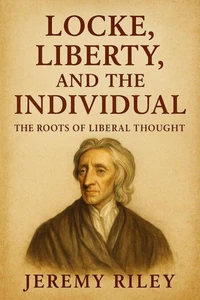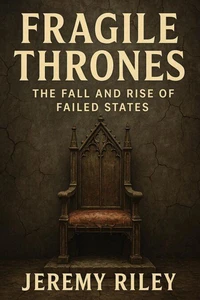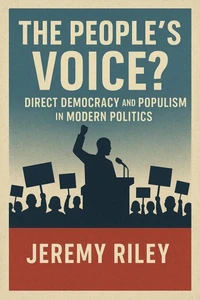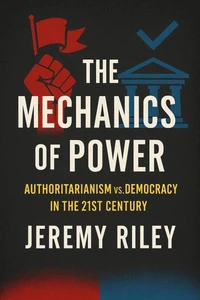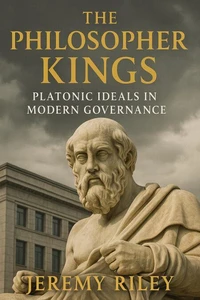Conservatism and the Social Contract: Reimagining Hobbes and Locke
Par :Formats :
Disponible dans votre compte client Decitre ou Furet du Nord dès validation de votre commande. Le format ePub est :
- Compatible avec une lecture sur My Vivlio (smartphone, tablette, ordinateur)
- Compatible avec une lecture sur liseuses Vivlio
- Pour les liseuses autres que Vivlio, vous devez utiliser le logiciel Adobe Digital Edition. Non compatible avec la lecture sur les liseuses Kindle, Remarkable et Sony
 , qui est-ce ?
, qui est-ce ?Notre partenaire de plateforme de lecture numérique où vous retrouverez l'ensemble de vos ebooks gratuitement
Pour en savoir plus sur nos ebooks, consultez notre aide en ligne ici
- FormatePub
- ISBN8230668268
- EAN9798230668268
- Date de parution21/04/2025
- Protection num.pas de protection
- Infos supplémentairesepub
- ÉditeurIndependently Published
Résumé
Conservatism and the Social Contract: Reimagining Hobbes and Locke by Jeremy Riley explores the relationship between traditional conservative thought and the foundational political theories of Thomas Hobbes and John Locke. The book reexamines the social contract theory through a conservative lens, offering a critique of both Hobbes's and Locke's ideas about government, liberty, and human nature. By integrating conservative principles such as respect for tradition, social cohesion, and moral responsibility, the book argues that the social contract must be reinterpreted to address the contemporary challenges of modern political life.
Drawing on historical context, philosophical analysis, and the writings of key conservative thinkers like Edmund Burke, the book explores how the social contract should not be seen as a purely rational agreement based on individual rights but as a more complex, historically grounded institution that reflects society's moral and social obligations. The work provides a fresh perspective on how conservatives can engage with the political ideas of Hobbes and Locke, offering a framework that respects tradition while addressing the pressing questions of governance, equality, and individual freedom in the modern world.
Drawing on historical context, philosophical analysis, and the writings of key conservative thinkers like Edmund Burke, the book explores how the social contract should not be seen as a purely rational agreement based on individual rights but as a more complex, historically grounded institution that reflects society's moral and social obligations. The work provides a fresh perspective on how conservatives can engage with the political ideas of Hobbes and Locke, offering a framework that respects tradition while addressing the pressing questions of governance, equality, and individual freedom in the modern world.
Conservatism and the Social Contract: Reimagining Hobbes and Locke by Jeremy Riley explores the relationship between traditional conservative thought and the foundational political theories of Thomas Hobbes and John Locke. The book reexamines the social contract theory through a conservative lens, offering a critique of both Hobbes's and Locke's ideas about government, liberty, and human nature. By integrating conservative principles such as respect for tradition, social cohesion, and moral responsibility, the book argues that the social contract must be reinterpreted to address the contemporary challenges of modern political life.
Drawing on historical context, philosophical analysis, and the writings of key conservative thinkers like Edmund Burke, the book explores how the social contract should not be seen as a purely rational agreement based on individual rights but as a more complex, historically grounded institution that reflects society's moral and social obligations. The work provides a fresh perspective on how conservatives can engage with the political ideas of Hobbes and Locke, offering a framework that respects tradition while addressing the pressing questions of governance, equality, and individual freedom in the modern world.
Drawing on historical context, philosophical analysis, and the writings of key conservative thinkers like Edmund Burke, the book explores how the social contract should not be seen as a purely rational agreement based on individual rights but as a more complex, historically grounded institution that reflects society's moral and social obligations. The work provides a fresh perspective on how conservatives can engage with the political ideas of Hobbes and Locke, offering a framework that respects tradition while addressing the pressing questions of governance, equality, and individual freedom in the modern world.

